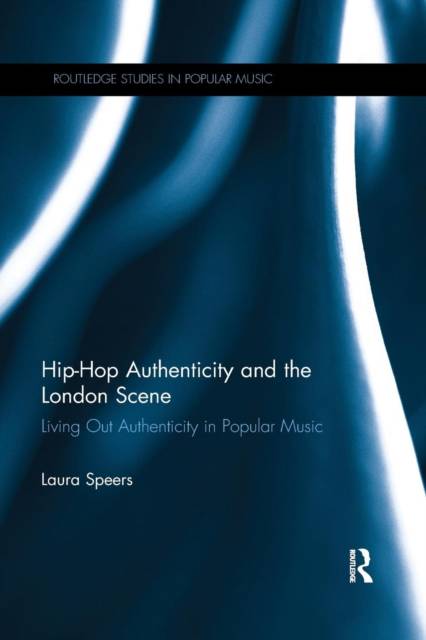
- Retrait gratuit dans votre magasin Club
- 7.000.000 titres dans notre catalogue
- Payer en toute sécurité
- Toujours un magasin près de chez vous
- Retrait gratuit dans votre magasin Club
- 7.000.0000 titres dans notre catalogue
- Payer en toute sécurité
- Toujours un magasin près de chez vous
Description
This book explores the highly-valued, and often highly-charged, ideal of authenticity in hip-hop -- what it is, why it is important, and how it affects the day-to-day life of rap artists. By analyzing the practices, identities, and struggles that shape the lives of rappers in the London scene, the study exposes the strategies and tactics that hip-hop practitioners engage in to negotiate authenticity on an everyday basis. In-depth interviews and fieldwork provide insight into the nature of authenticity in global hip-hop, and the dynamics of cultural appropriation, globalization, marketization, and digitization through a combined set of ethnographic, theoretical, and cultural analysis.
Despite growing attention to authenticity in popular music, this book is the first to offer a comprehensive theoretical model explaining the reflexive approaches hip-hop artists adopt to 'live out' authenticity in everyday life. This model will act as a blueprint for new studies in global hip-hop and be generative in other authenticity research, and for other music genres such as punk, rock and roll, country, and blues that share similar issues surrounding contested artist authenticity.
Spécifications
Parties prenantes
- Auteur(s) :
- Editeur:
Contenu
- Nombre de pages :
- 164
- Langue:
- Anglais
- Collection :
Caractéristiques
- EAN:
- 9780367231385
- Date de parution :
- 04-02-19
- Format:
- Livre broché
- Format numérique:
- Trade paperback (VS)
- Dimensions :
- 156 mm x 234 mm
- Poids :
- 240 g

Les avis
Nous publions uniquement les avis qui respectent les conditions requises. Consultez nos conditions pour les avis.






